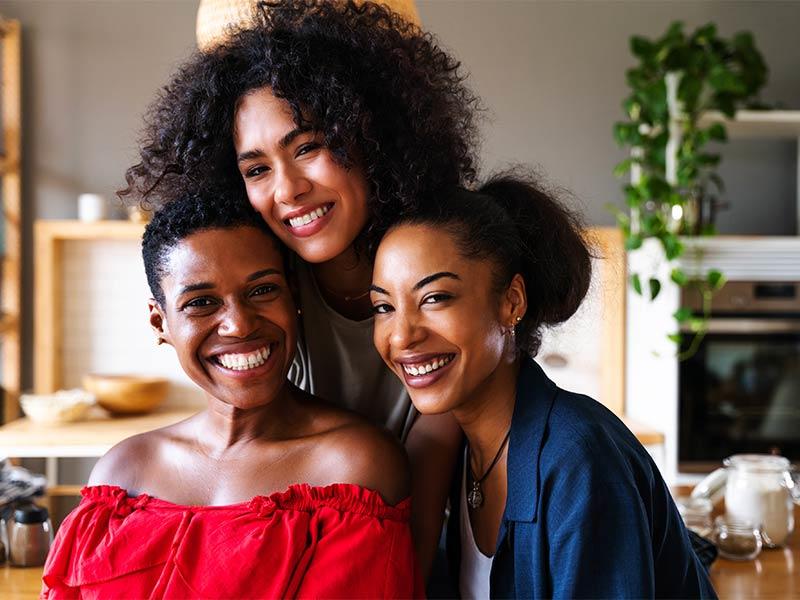
Caption
Breast cancer is the second leading cause of cancer deaths among Georgia women, and Black women in the greater Atlanta area are 30% more likely than white women to have breast cancer diagnosed at a later stage. They are also 45% more likely to die of breast cancer.
Credit: https://voices.cancer.org/


